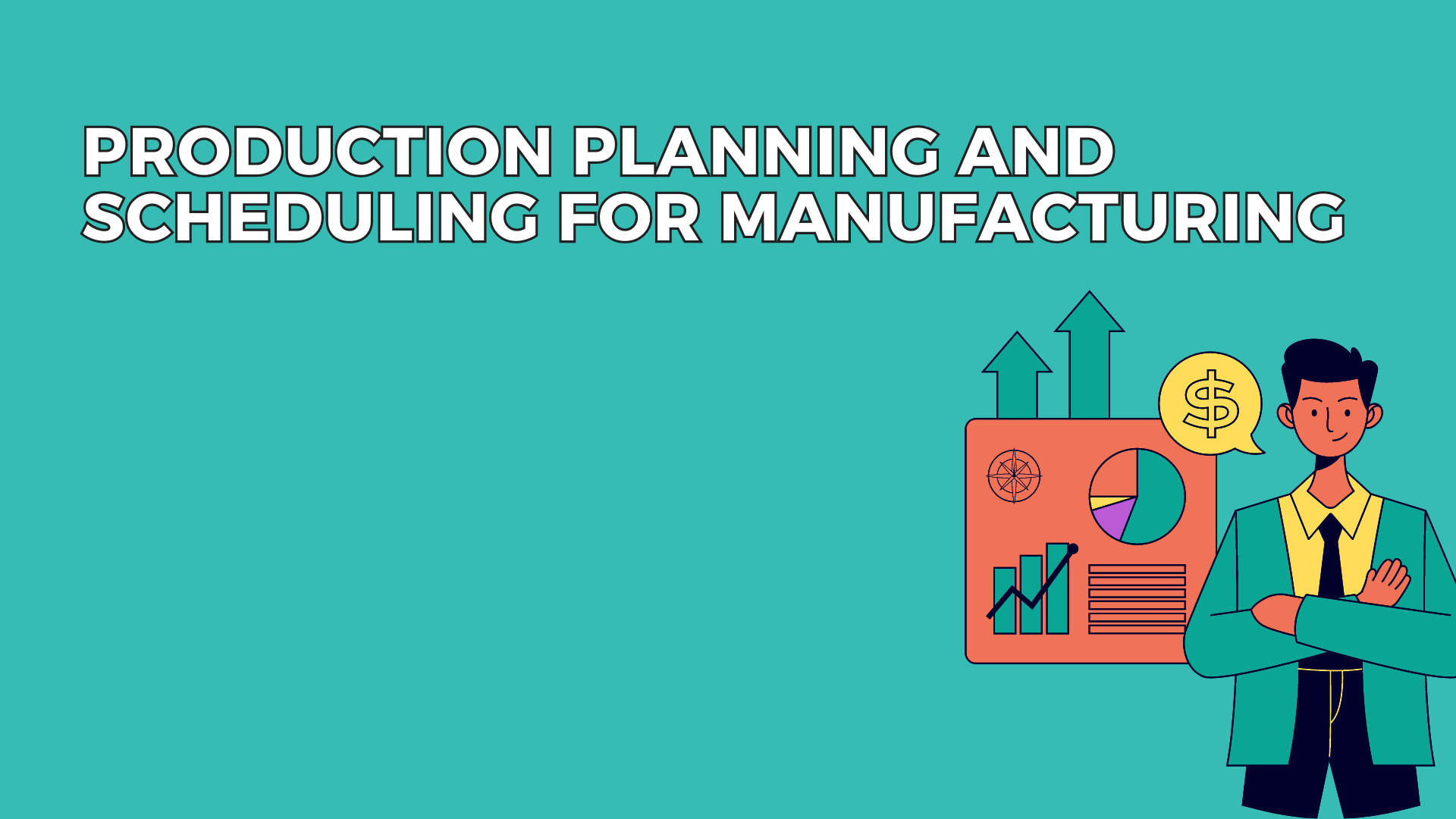Efficient production planning and scheduling not only ensure timely delivery but also enhance productivity, minimize costs, and maintain quality standards. In this blog, we delve into the significance of production planning and scheduling in manufacturing and explore strategies to master these critical operations.
Understanding Production Planning and Scheduling
Production planning involves determining what, how much, and when to produce to meet customer demand while utilizing available resources effectively. It encompasses forecasting demand, setting production targets, and allocating resources such as materials, equipment, and manpower.
On the other hand, scheduling is the process of determining the timeline for executing production tasks. It involves sequencing activities, assigning resources to tasks, and establishing start and end times for each operation.
Significance of Efficient Production Planning and Scheduling
- Optimized Resource Utilization: Proper planning and scheduling ensure that resources are utilized optimally, minimizing idle time and reducing waste. By aligning production with demand forecasts, manufacturers can prevent underutilization or overutilization of resources.
- Timely Delivery: Meeting delivery deadlines is crucial for customer satisfaction and maintaining competitiveness. Effective planning and scheduling help streamline production workflows, reducing lead times and ensuring timely order fulfillment.
- Cost Reduction: Efficient production planning and scheduling minimize operational costs by reducing inventory holding costs, overtime expenses, and material wastage. By avoiding rush orders and optimizing production processes, manufacturers can achieve significant cost savings.
- Improved Quality: Proper scheduling allows adequate time for each production stage, reducing the likelihood of errors and defects. By maintaining consistent production rates and ensuring proper maintenance of equipment, manufacturers can uphold quality standards and enhance product reliability.
Strategies for Mastering Production Planning and Scheduling
- Utilize Advanced Planning Software: Invest in sophisticated planning and scheduling software that can integrate data from various sources, including sales forecasts, inventory levels, and production capacities. These tools leverage algorithms to optimize production schedules, considering constraints such as resource availability and lead times.
- Implement Lean Manufacturing Principles: Adopt lean manufacturing principles such as Just-in-Time (JIT) production and Kanban systems to minimize waste and improve efficiency. By focusing on continuous improvement and eliminating non-value-added activities, manufacturers can streamline production processes and enhance flexibility.
- Collaborate Across Departments: Foster collaboration between production, sales, procurement, and logistics departments to ensure alignment between demand forecasts and production schedules. Regular communication and information sharing enable stakeholders to anticipate fluctuations in demand and adjust production plans accordingly.
- Implement Predictive Analytics: Leverage data analytics and predictive modeling to anticipate demand patterns, identify production bottlenecks, and optimize scheduling decisions. By analyzing historical data and market trends, manufacturers can make informed decisions and proactively address potential challenges.
- Empower Employees: Involve frontline workers in the planning and scheduling process to capitalize on their insights and expertise. Empowering employees to participate in decision-making fosters a culture of continuous improvement and enhances operational efficiency.
Conclusion
In today’s competitive manufacturing landscape, mastering production planning and scheduling is imperative for sustaining growth and profitability. By adopting advanced technologies, embracing lean principles, and fostering collaboration across departments, manufacturers can optimize resource utilization, improve delivery performance, and enhance product quality. As manufacturing continues to evolve, the ability to adapt and innovate in production planning and scheduling will remain critical for success.









